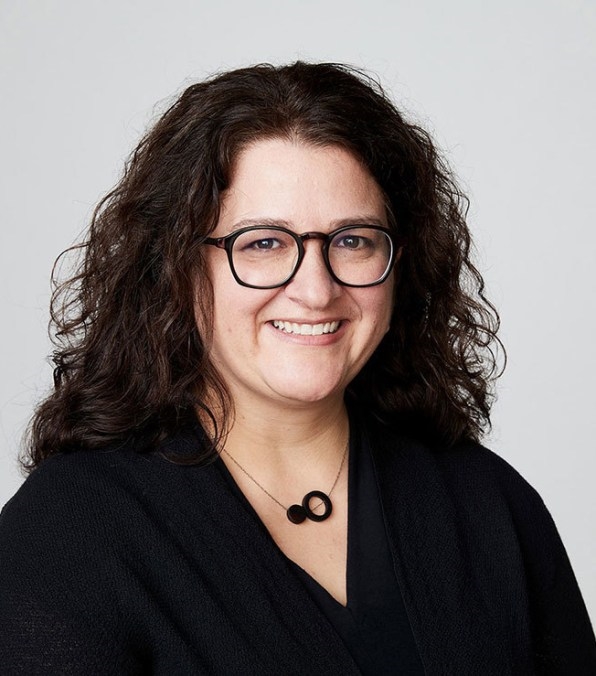Tim Brown, the CEO of the global design firm Ideo, is leaving the role after a 19-year run. He announced the move in an open letter on Ideo’s site. He will be replaced by Ideo’s Sandy Speicher, who is the company’s first female CEO. The transition will take place this August, and Brown will stay with the company.

[Photo: courtesy Ideo]
Brown helped transform Ideo from a more industrial design firm known for projects like Apple’s first computer mouse into a systems-thinking organization, analyzing the systemic issues inside sectors like healthcare and management. Under his lead, the company became skilled at not just building products but building services. He also helped Ideo launch new organizational arms focused on humanitarian efforts, venture projects, and education.
Alongside Ideo founder David Kelley, Brown’s books and talks are largely responsible for popularizing the term “design thinking,” or the concept that even bean-counting Fortune 500 CEOs could think more like designers and put design-based methodologies at the core of any business operation. While Brown is leaving his role as CEO, he’s not actually leaving Ideo; he’ll stay around for some partnerships and working with the Kyu collective of companies Ideo has been part of since 2016.
As for Sandy Speicher, she has been at Ideo 14 years herself. She was formerly the global managing director of the company, and before that, she worked largely on Ideo’s educational efforts—which appear to be her long-term passion. She’s currently on the board of the free educational platform Khan Academy and actually taught design thinking to fifth graders for many years as a volunteer.
Speicher will spend the next several months focusing internally, according to the company’s announcement, and traveling to Ideo’s studios on a worldwide “listening tour.” We won’t hear more from her until that’s done. But until then, here’s the statement she made about the next chapter for Ideo:
Ideo was built on a set of values that have endured to this day, but have evolved with time. A culture of ‘making others successful’, a quest to be at the edge of design, being curious about people and their needs, bringing diverse perspectives together in order to innovate—these are all essential parts of Ideo’s future. As time evolves, so should our understanding of design, and of ourselves. How they evolve, well, that’s for all of us to determine together.
(65)